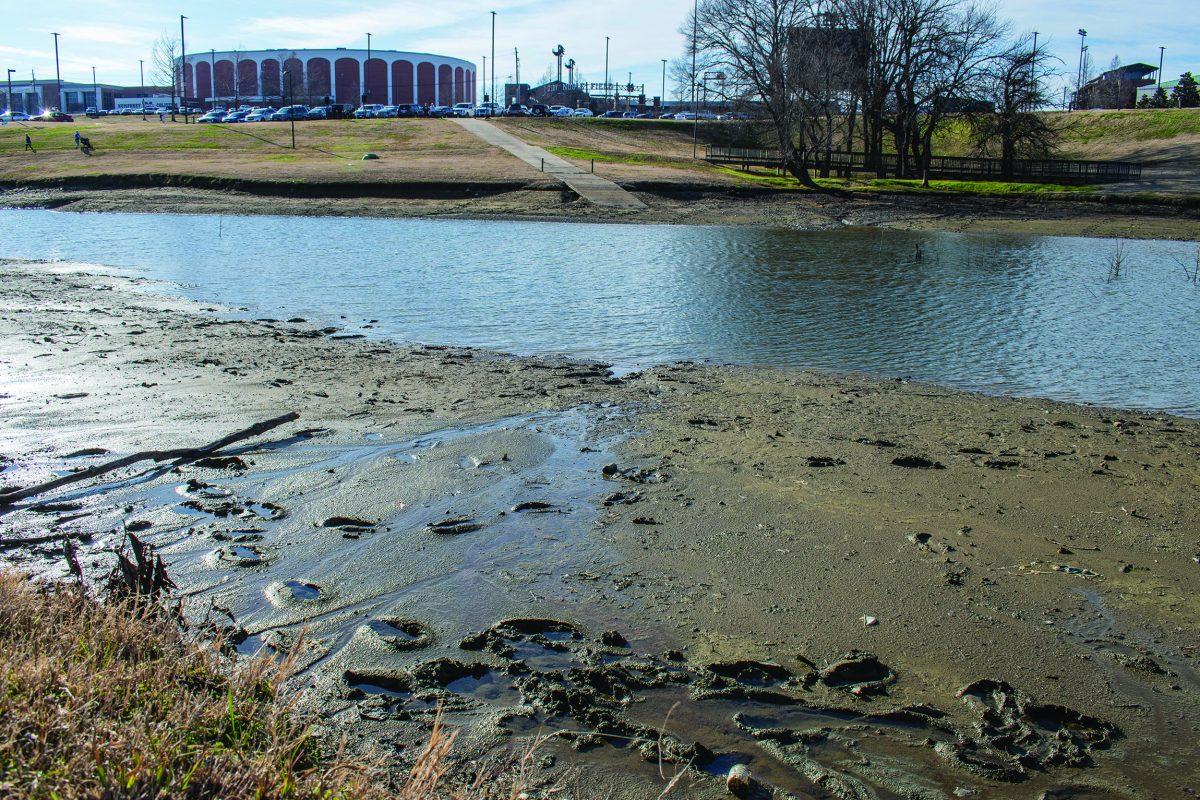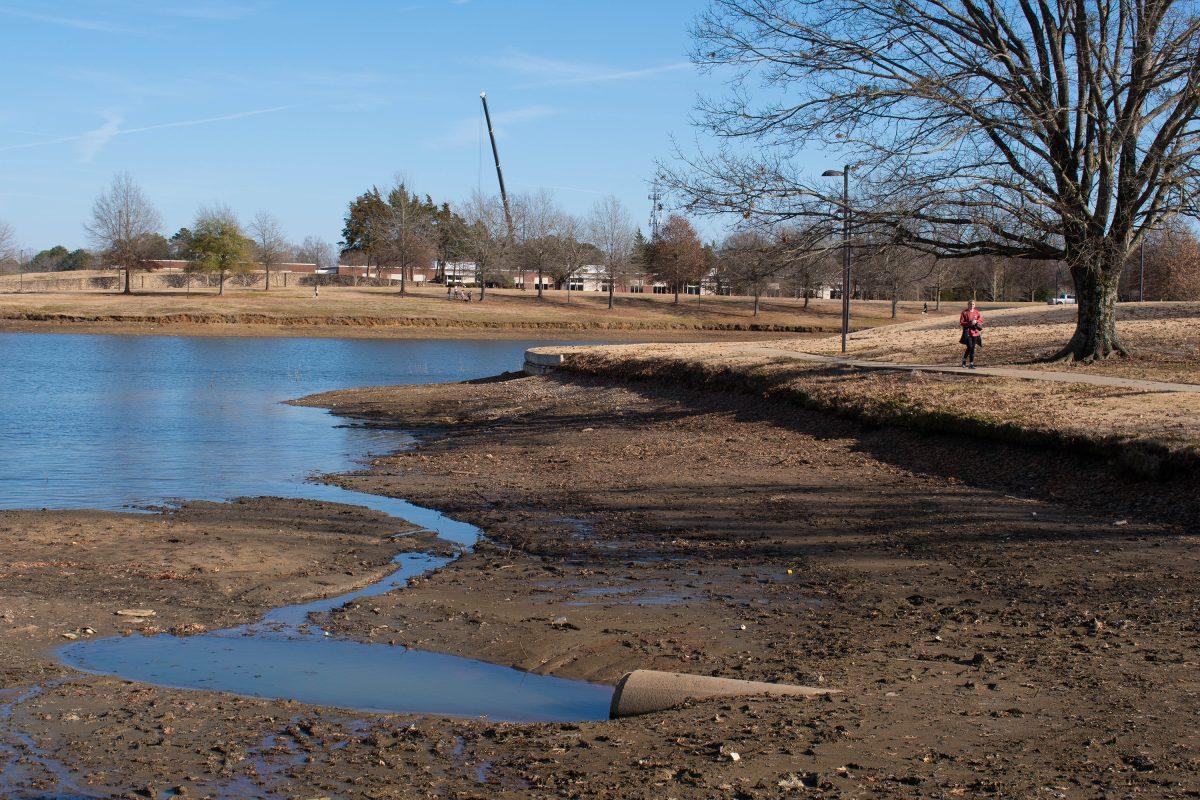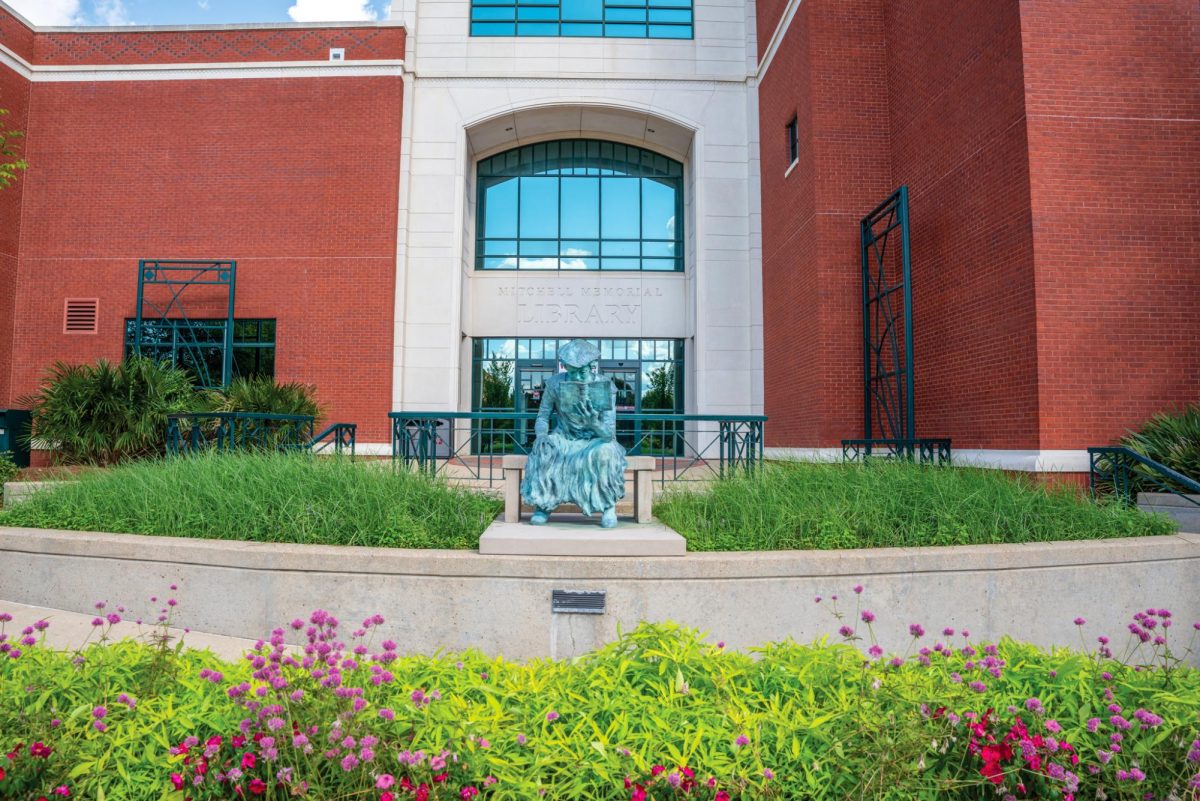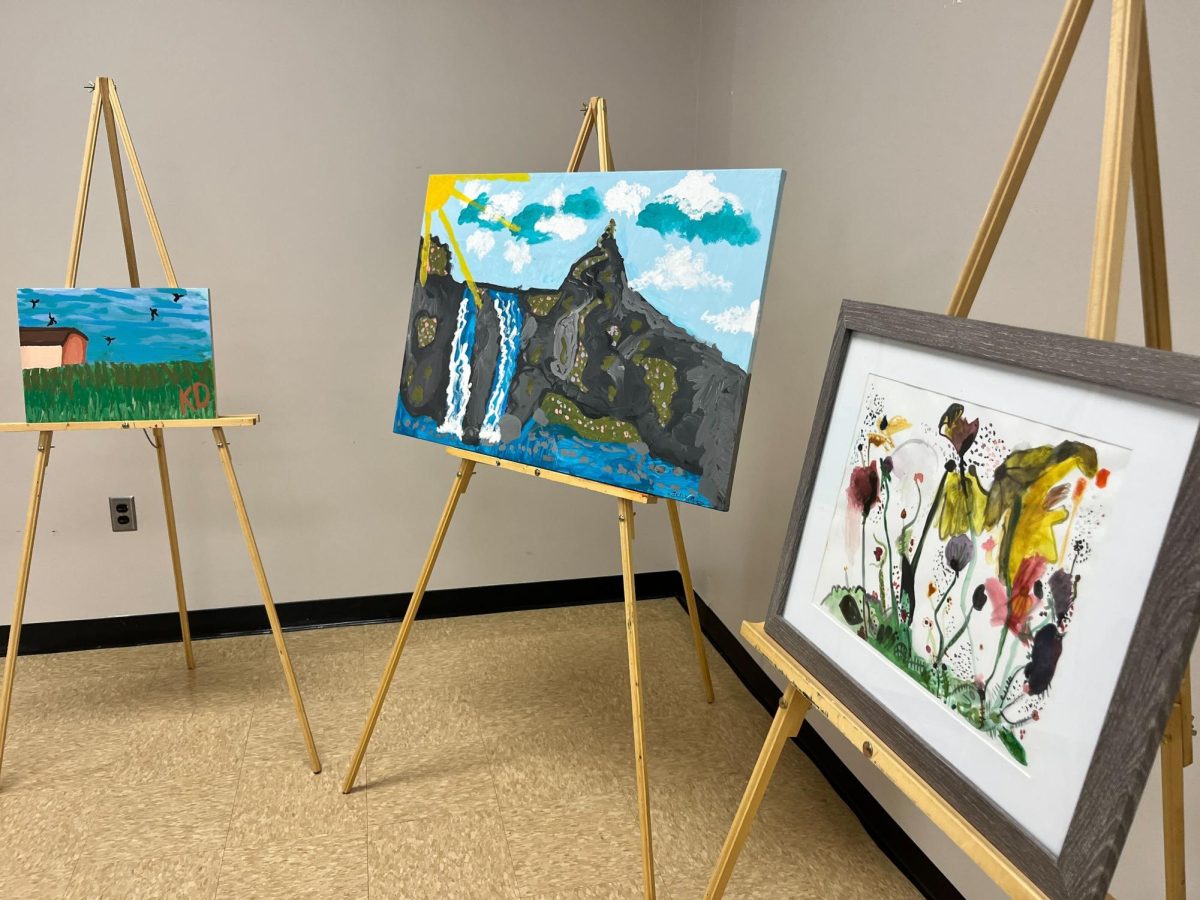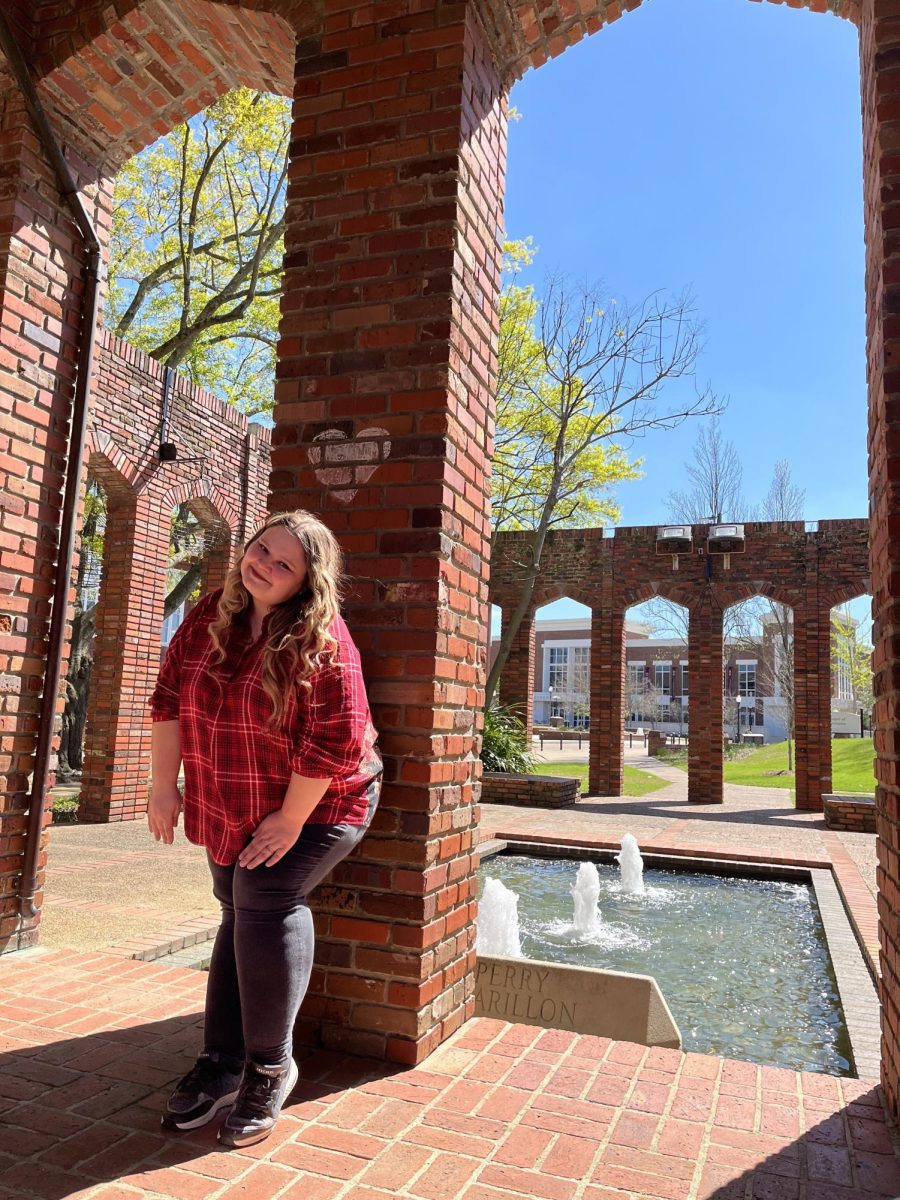Mississippi State University students returning to campus this spring may have noticed a surprising lack of lake at their favorite scenic running spot.
The Chadwick Lake walking trail, located behind the Joe Frank Sanderson Center on the north end of campus, provides a glimpse of nature in the midst of MSU’s campus and the town of Starkville.
However, last semester, the lake’s picturesque beauty was tainted with a large buildup of smelly algae.
“I can remember two specific spots around the lake where it smelled just horrible. I would literally hold my breath when I would walk past those parts,” said junior educational psychology major Hannah Massey, a frequent visitor of the lake’s exercise trail.
Those running or walking on the path around the lake began to notice large amounts of green algae with trash littered through it that covered the top of the lake, mostly near the boardwalk. Along with the eyesore of the algae came a putrid smell. After a while, the university put up a sign that read “MSU is aware of the algal bloom in this area and is currently working with experts to implement a long-term solution.”
Then, beginning in early December, half of the lake went missing.
“Those are our footsteps out there,” said Brett Brasher, an engineer with Neel-Schaffer construction management firm, as he pointed to the exposed mud of the lake bed.
Sporting muddy knee-high rubber boots and standing on the side of the lake with surveying equipment, Brasher said Chadwick had been purposely lowered for them to be able to perform a topographic survey of the lake. According to Saunders Ramsey, MSU’s director of Campus Services, the lake was drained by opening an overflow valve under the levee on the north side of the lake and will refill naturally by rain water.
Unfortunately, it is too early in the process to know the real cause of the unbecoming symptoms the lake is experiencing.
“We’re just now gathering how deep the water is, potential areas of pollution and things like that. So it’s really in an investigative stage right now,” Ramsey said.
Campus Services has already installed a berm on the west side of the lake that will use plant material to act as a natural filter for any pollutants attempting to enter the lake, but Ramsey said he is hopeful a more holistic solution will be developed this spring and implemented in the next 6-18 months.
“We really want to have a plan for the entire area before we start looking at specific solutions for specific areas of the lake,” Ramsey said.
As for pollutants entering the lake, Ramsey said that could be something as simple as a fertilizer being out of balance with the chemicals in the water.
“We’re just trying to identify the sources and potential solutions to either treat it before it gets there or eliminate it completely,” Ramsey said.
However, students weren’t the only beings that frequented Chadwick Lake. Every now and then, runners would be lucky enough to get a glimpse of a fish tail, a turtle head or a flitting heron. So, when the lake was drained, what happened to the wildlife that called Chadwick home?
Ramsey said because the lake was only lowered and not drained completely, there was sufficient water remaining to maintain most of the wildlife.
“There was still water left in the lake, so we did not see a significant wildlife kill or anything like that. We only lowered it low enough to do what we needed to do. The herons will migrate to another location in the short term and then back when it’s filled up,” Ramsey said.
Ramsey also put another long-rumored question to rest: there are no alligators in Chadwick Lake.
To illustrate the complexity of the problem, Ramsey likened the lake to a living organism. Many factors can affect its health.
“It’s just a combination of different situations depending on the wind and the rain and the heat because, for a while, it went away then it came back. The lake is a living organism, so if it gets out of balance, it reacts. But we’re looking to balance that out so it doesn’t happen again.”
So for students currently running around a half-empty and still-slightly-smelly lake, rest assured: the university is hard at work to restore Chadwick to its previous untainted splendor.
After students began noticing a nasty smell and appearance, Chadwick Lake was drained in an effort to amend the issues.



















































































